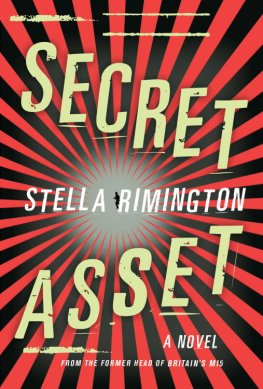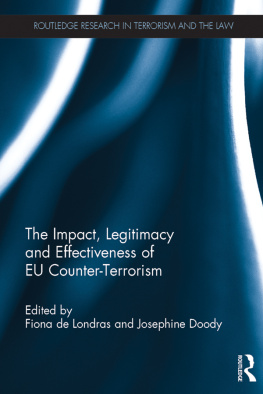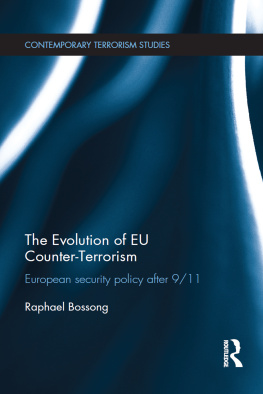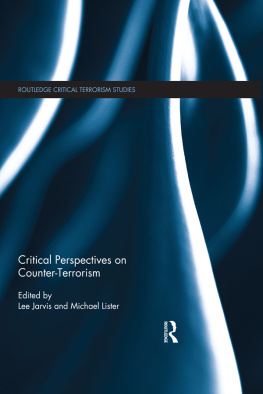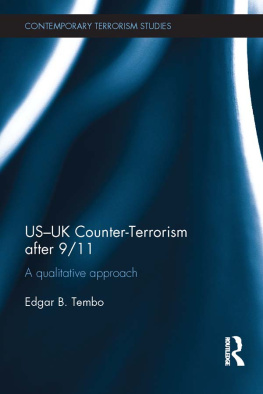Stella Rimington
OPEN SECRET
THE AUTOBIOGRAPHY OF THE FORMER DIRECTOR-GENERAL OF MI5
I would like to thank those who have supported and encouraged me in writing this book.
They include one or two of my former colleagues in MI5, whom I will not name to avoid embarrassing them, my husband John, who helped especially with the India episodes; and my two daughters Sophie and Harriet who have unfailingly supported me in this as in everything else I have done.
Thanks go also to the team at Random House: Gail Rebuck and Simon Master and their colleagues and Sue Freestone and Tony Whittome of Hutchinson, in particular for the way they have handled the sensitive issues connected with publication.
Finally, I want to thank my successor as Director-General of MI5, Sir Stephen Lander.
He and I have been friends and colleagues for years and as I would expect he has kept cool throughout the hysteria which has sometimes surrounded the preparation of this book. He has said that he would rather I had not written it, but in that I did, he has done his best, in difficult circumstances, to ensure that our relationship remains friendly.
 Reflections on September 11th 2001
Reflections on September 11th 2001This book was first published three days before the dramatic events of September 11th 2001, when terrorists on a suicide mission, under the direction of a shadowy Islamic extremist grouping with its leadership based in Afghanistan, hi-jacked planes full of passengers and flew them into high-profile targets in the United States, causing the deaths of thousands of people.
The biggest surprise in all this for me, having spent a good part of my professional life over the last thirty years or so involved in one way or another in fighting terrorism, has been not the terrorist act itself but the reaction to it. The worldwide shock and horror when such a devastating and high-profile attack unrolled in full view of the TV cameras was inevitable and understandable. Terrorist acts until then had been terrible but quick an explosion, over in a second with the awful results, in the form of dead and injured and damaged buildings to be dealt with more slowly afterwards. This one took what seemed an age to complete, as the Trade Center buildings slowly collapsed and even as passengers, on the plane that crashed short of its target, phoned their families to tell them what was about to happen. But, from the political reaction, it was as if the fact of an attack had come as a total surprise to the governments and counter-terrorist authorities of the world.
Terrorism did not begin on September 11th 2001 and it will not end there. Though the method of attack was new and the results particularly horrific, September 11th was just the latest stage in a phenomenon that has gripped the modern world since at least the 1960s. The history of terrorism in the 20th-century shows that a war on terrorism cannot be won, unless the causes of terrorism are eradicated by making the world a place free of grievances, something that will not happen. Terrorism has proved so effective in catching the worlds attention and even, ultimately, in achieving the terrorists objectives, that it will continue to appeal to extremists. However good our counter measures, some of it will succeed, but it can be made more difficult.
It is important to put the events of September 11th into their historical context, so that the lessons learned in what has already been a long war against terrorism, particularly in Europe, are not forgotten. Otherwise we will get September 11th out of perspective and misjudge the response.
This phase of terrorism emerged in the 1960s, with small, violent national groups in Europe trying to undermine societies through terror. It continued unabated through the 1970s and early 80s, much of it coming from the various Palestinian groups and from the less high-profile efforts of some states to murder their political opponents abroad. Over the years there has been terrorism in India, in the Punjab and Kashmir, in Sri Lanka and elsewhere, some of it planned and organised from Europe. Spain has fought a long war against ETA and of course in the UK we have fought a thirty-five-year war against terrorism arising from the situation in Northern Ireland. That long list says nothing of the Israeli/Palestinian situation, which has spawned some of the most consistent and horrific acts of terrorism.
It should not be forgotten either that attacks on high-profile US targets by Islamic extremists had been going on for several years before September 11th. US Embassies in African countries had been blown up and in October 2000 the American warship, USS Cole, moored at Aden, was attacked, causing the death of seventeen US sailors. Those attacks were different in method and effect from the events of September 11th, but identical in intent and probably originating from a similar source. September 11th was not even the first effort by Islamic extremists to blow up the World Trade Center. Previously they had tried to do it from below, from the car park. Those who were arrested then warned that others would return.
The worlds security and intelligence agencies have been fighting terrorism for years, with considerable success. But though many planned terrorist attacks have not taken place, for example those launched against the allies by Iraq during the Gulf War, thanks to prior intelligence acted on at the appropriate time, it is the nature of intelligence successes that they are rarely seen.
Clearly there are lessons to be learned from all that activity, though there is one big difference in the al Qaeda threat from much previous terrorism, which makes it particularly unpredictable and dangerous. The preparedness, even enthusiasm, of the terrorists to commit suicide, when most terrorists in the past have planned for their own escape, means that certain forms of attack, the most potentially horrific, for example chemical, biological, and nuclear, can no longer be regarded as unlikely.
But that does not mean that a totally different approach to countering them is needed or that the old methods are no longer appropriate. It is a case of doing what has been done before but doing more of it and doing it more effectively.
At the heart of countering terrorism is intelligence and the events of September 11th have focused attention on intelligence work as never before. September 11th was immediately declared an intelligence failure. The allegation was that had the intelligence agencies been doing their job properly, they would have produced sufficiently precise advance intelligence of the plot to enable it to be thwarted. To blame them for not doing so is totally to misunderstand the nature of intelligence. Although precise intelligence on when and where any terrorist act will take place is the ideal, it is, of all intelligence, the most difficult to obtain. The complete plan for any operation might well be known to very few people indeed, perhaps not until just before an attack begins, or perhaps never. An intelligence agency would need to recruit one of those people to learn it. Though it is sometimes possible to learn enough from well placed human or technical sources for the full picture to be guessed at, there may well be inadequate information for effective preventative action to be taken to forestall an attack.
The most valuable sources against terrorism are human beings, long term penetration agents, who will stay in place for a long period and work their way into positions where they can provide key intelligence. But they are the most difficult sources to acquire and once recruited are very difficult to keep in place. It is not normally possible to penetrate a terrorist organisation from the outside, to feed in someone with no previous links at all. Terrorist groups usually recruit from a very small pond, from among people who have known each other for years. I speculate that perhaps it might be an easier task to infiltrate al Qaeda, which appears to be recruiting young men from all over the world for training. It might be possible to insert a source at the recruitment stage but it would be a slow process as he built up his cover in the mosque or wherever recruiting was going on, hoping to be selected, as well as very dangerous for the person concerned.


